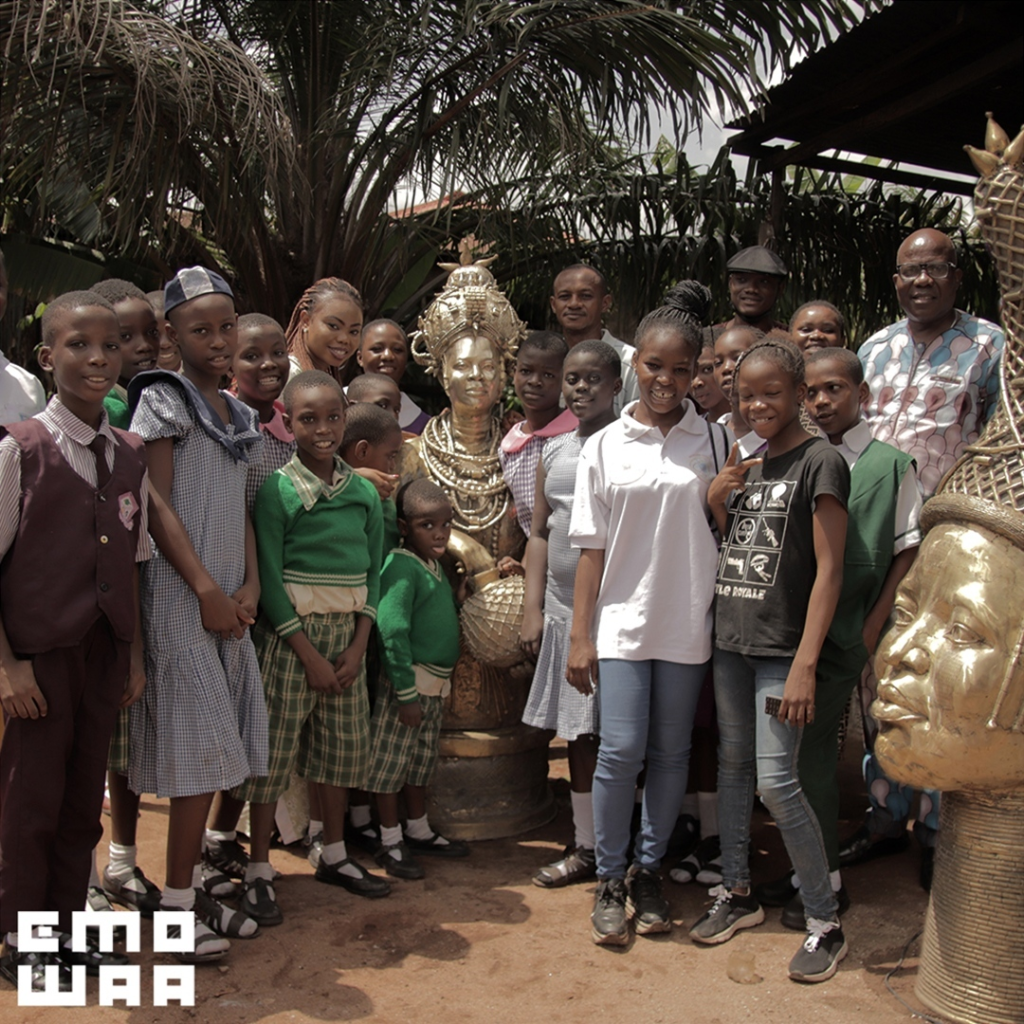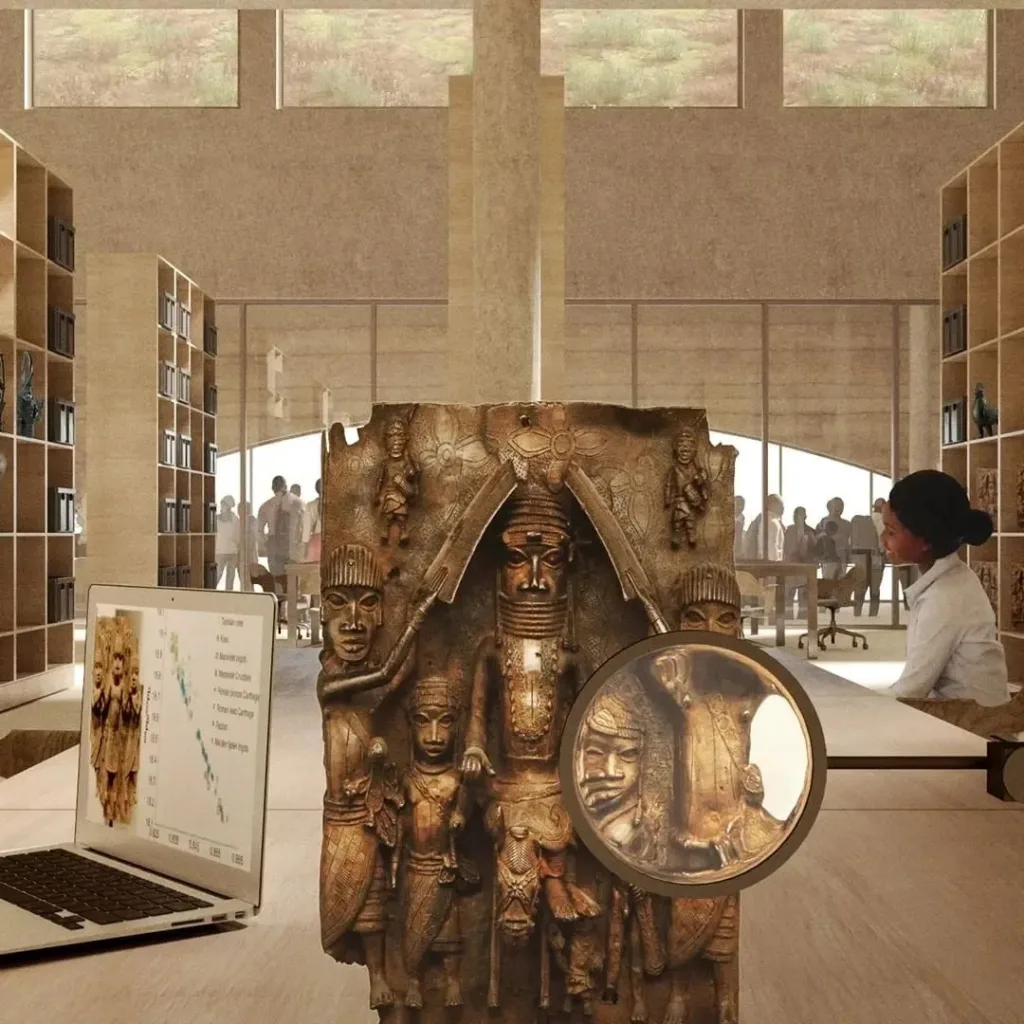Oxford University proudly announces its partnership with the Museum of West African Art (MOWAA). This collaboration initiative aims to revolutionize archaeological research and education in West Africa. Moreover, the collaboration aims to establish a dedicated center within the Pavilion, a cornerstone of MOWAA’s creative district in Benin City. This center will drive archaeological, cultural, and historical research, nurturing a fresh generation of archaeologists. Additionally, it aims to reshape the understanding of West Africa’s history from an African perspective.
Ore Disu, the Pavilion’s director, states in an interview with Vanguard.
“This partnership with Oxford University charts a bold course to create a world-class collections facility and a center of excellence for archaeological science, conservation, and museum practices in West Africa. It fortifies the foundation for African-focused scholarship, aiming to unearth the richness of our shared history and inspire innovative visions for our potential.”
A vital feature of the program is a tailored curriculum designed for students from West African nations. Furthermore, the program is aimed at individuals sincerely interested in West African archaeology and heritage. These students will gain access to Oxford School’s renowned graduate courses in archaeological science. This will help empower them with valuable expertise to contribute to the field.

Professor Shadreck Chirikure, Oxford’s Edward Hall Professor of Archaeological Science and MOWAA adviser, spearheads the research program. He emphasized the transformational potential of this partnership; in his interview with Vanguard, he stated
“Some collaborations merely extract archaeology samples from Africa, leaving the continent lacking training and access to local scholars’ publications. This partnership exemplifies how transformative research and capacity-building collaboration can establish a center of excellence, offering equal benefits to all.”
The collaboration’s core elements encompass skills development, world-leading West African archaeology research, and state-of-the-art material and biological remnants analysis. This initiative aims to fortify the Pavilion’s future while enhancing the capabilities of archaeological studies in West Africa.
Professor Amy Bogaard, Head of Oxford’s School of Archaeology, enthusiastically welcomed this unique opportunity to engage in groundbreaking research in Benin and West Africa.
She remarked, “This presents an exhilarating chance to delve into fresh research in Benin and West Africa and contribute to the training of a new generation of archaeologists active in the region.”
By offering bespoke scholarship programs, the partnership will establish a talent pipeline to fulfill the Pavilion’s staffing needs and explore the archaeology of Benin and West Africa. Furthermore, academically independent research in West African archaeology will elevate exhibitions, archaeological excavations, and the academic field’s visibility. Providing cutting-edge analysis facilities will benefit West Africa and the broaliteraryemic and archaeological communities.

Over five years, starting in 2024, Oxford’s School of Archaeology will serve as a central hub for advanced analytical requirements, spanning paleoenvironmental studies, material science, bioarchaeology, precision chronology, and specialist mapping. This commitment underscores Oxford University’s dedication to advancing archaeological knowledge and preserving West Africa’s rich heritage.


